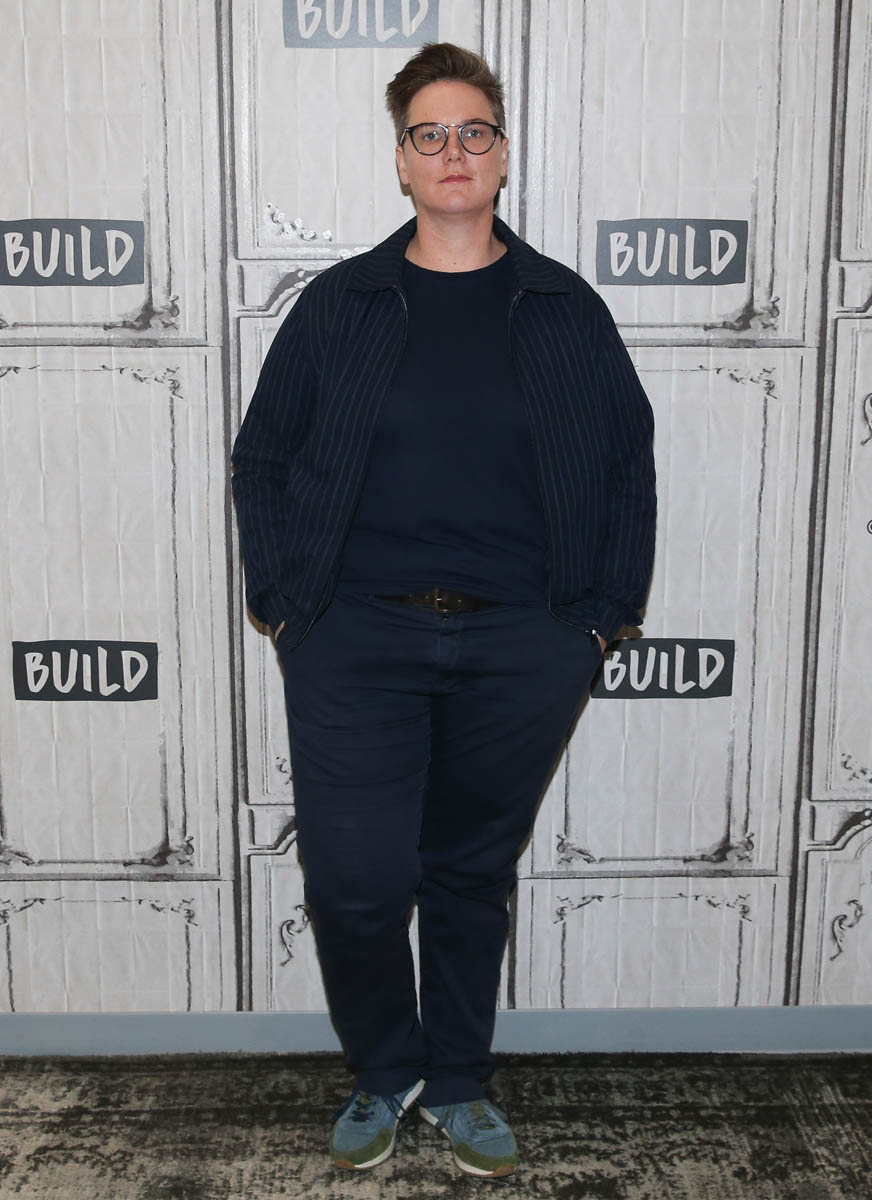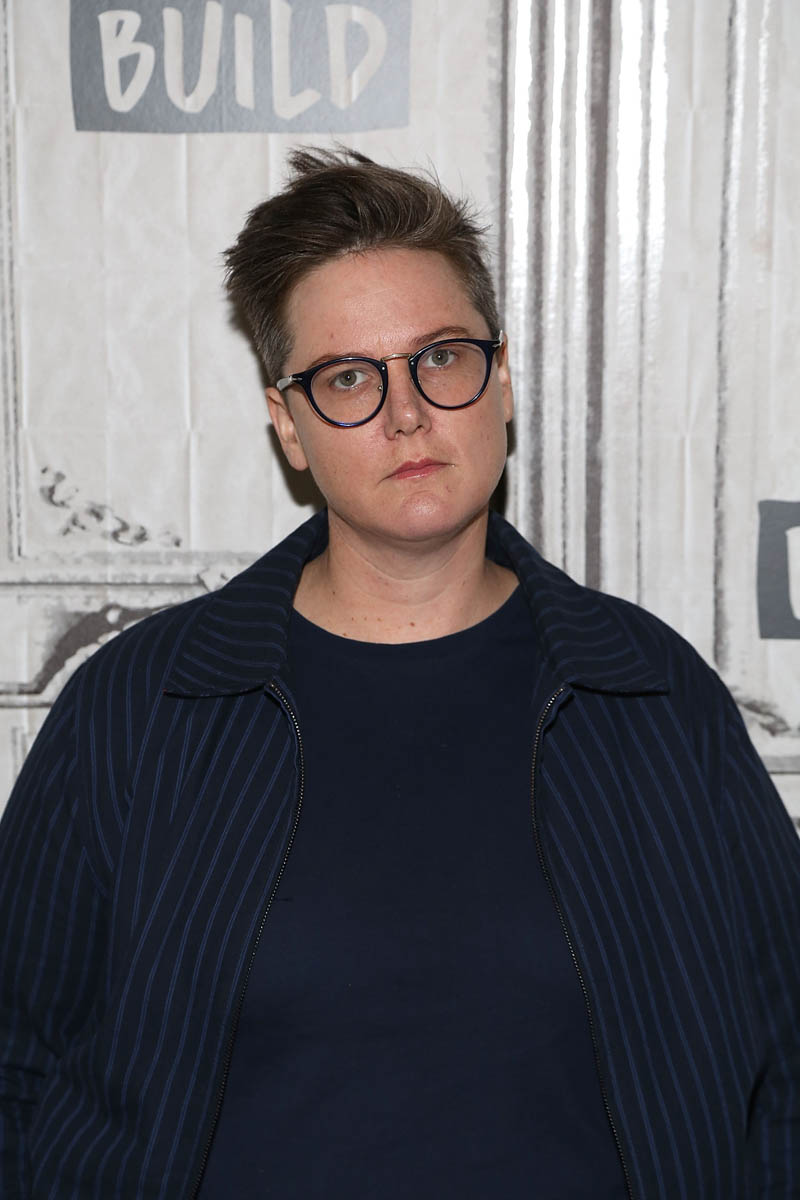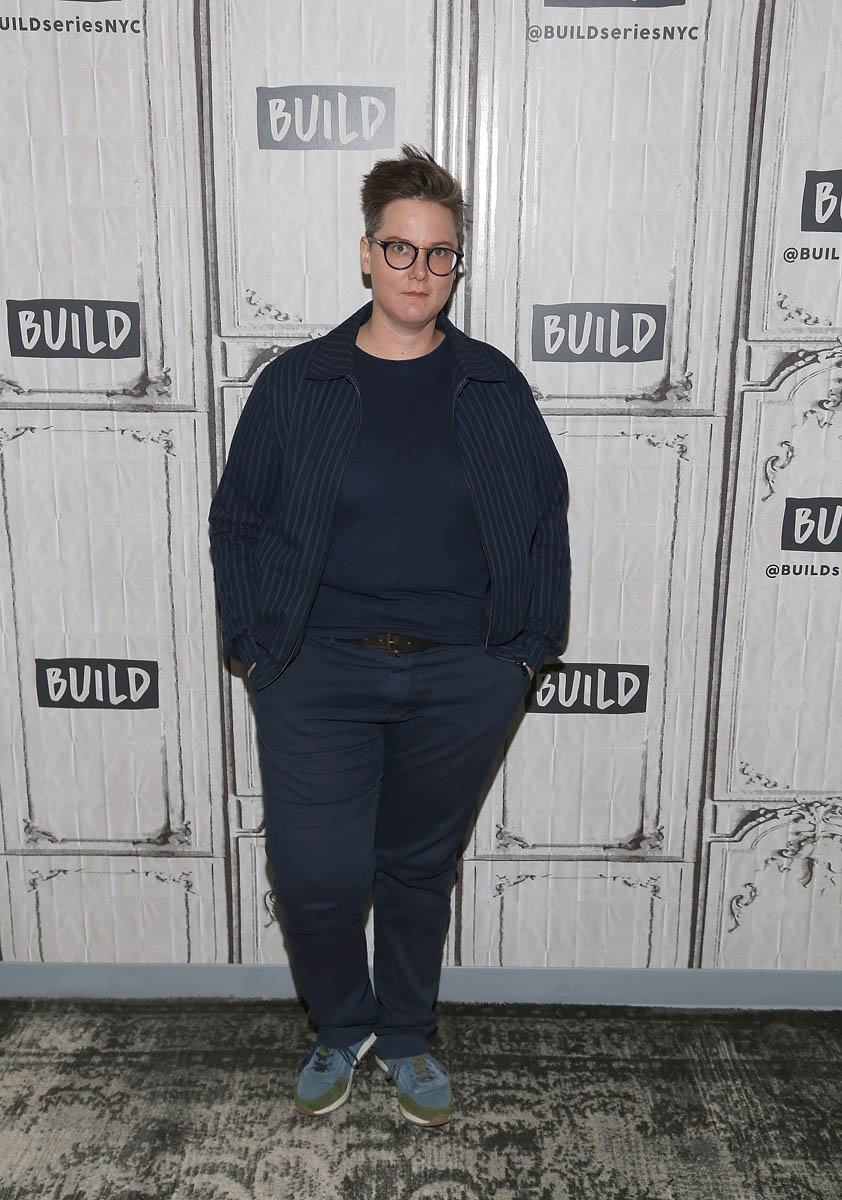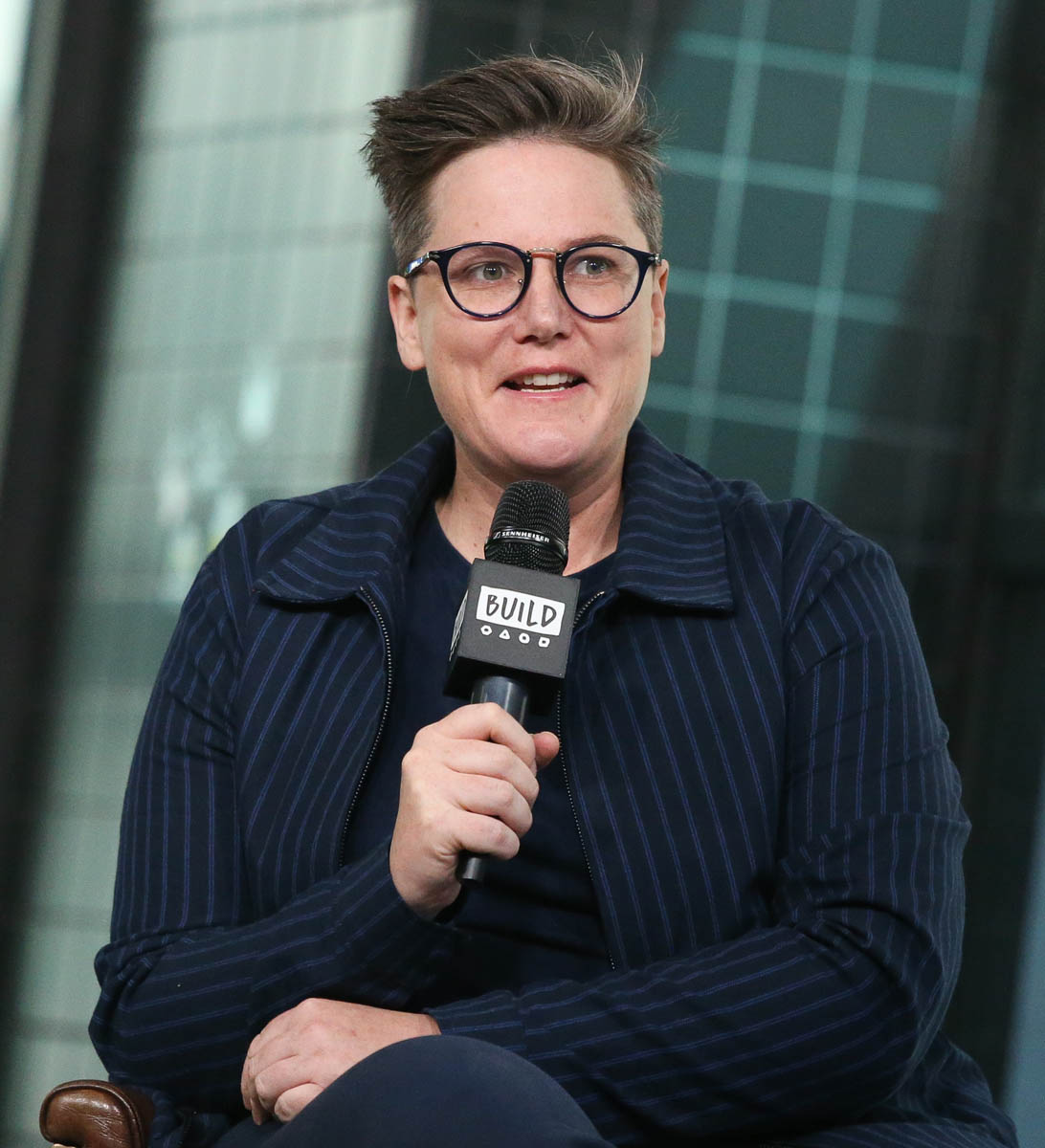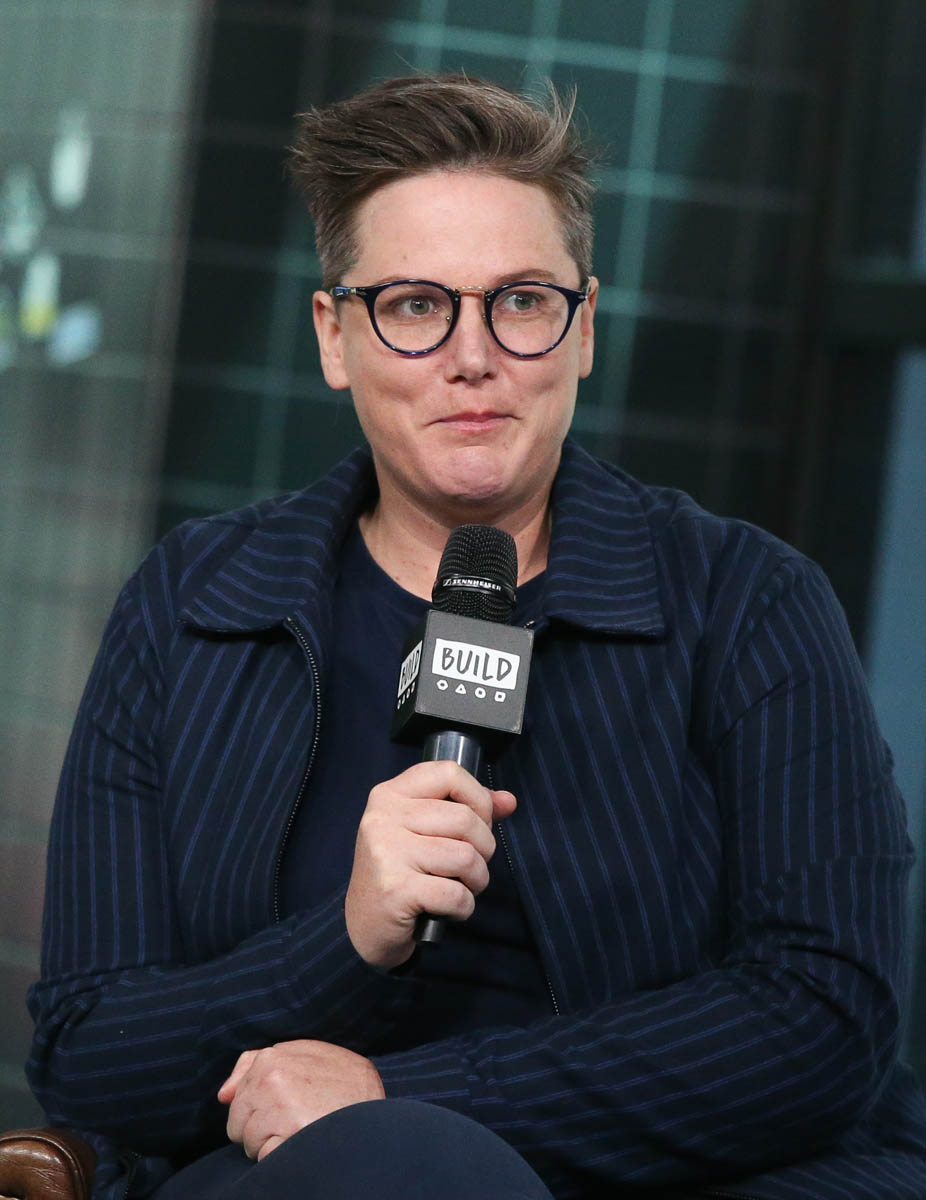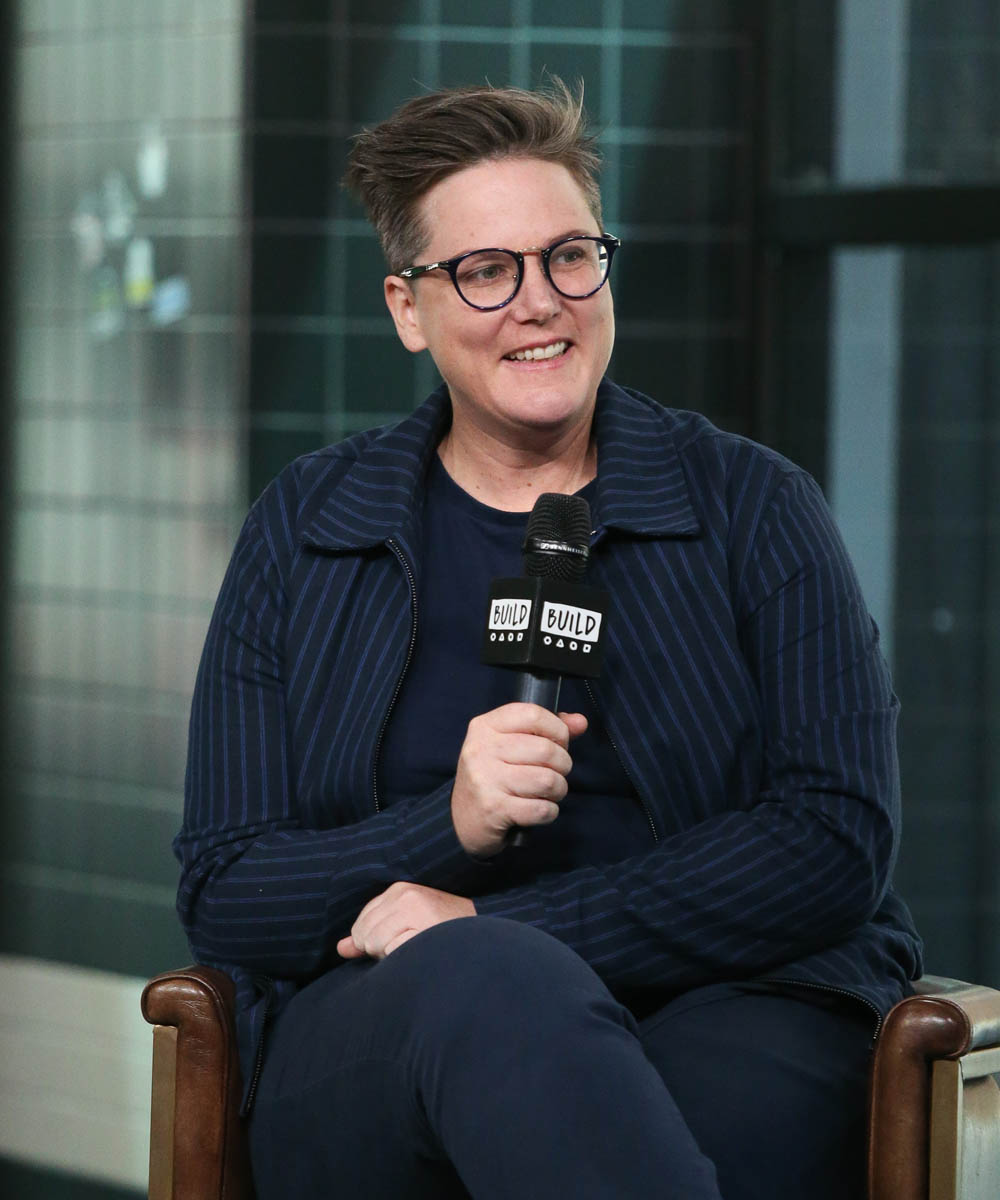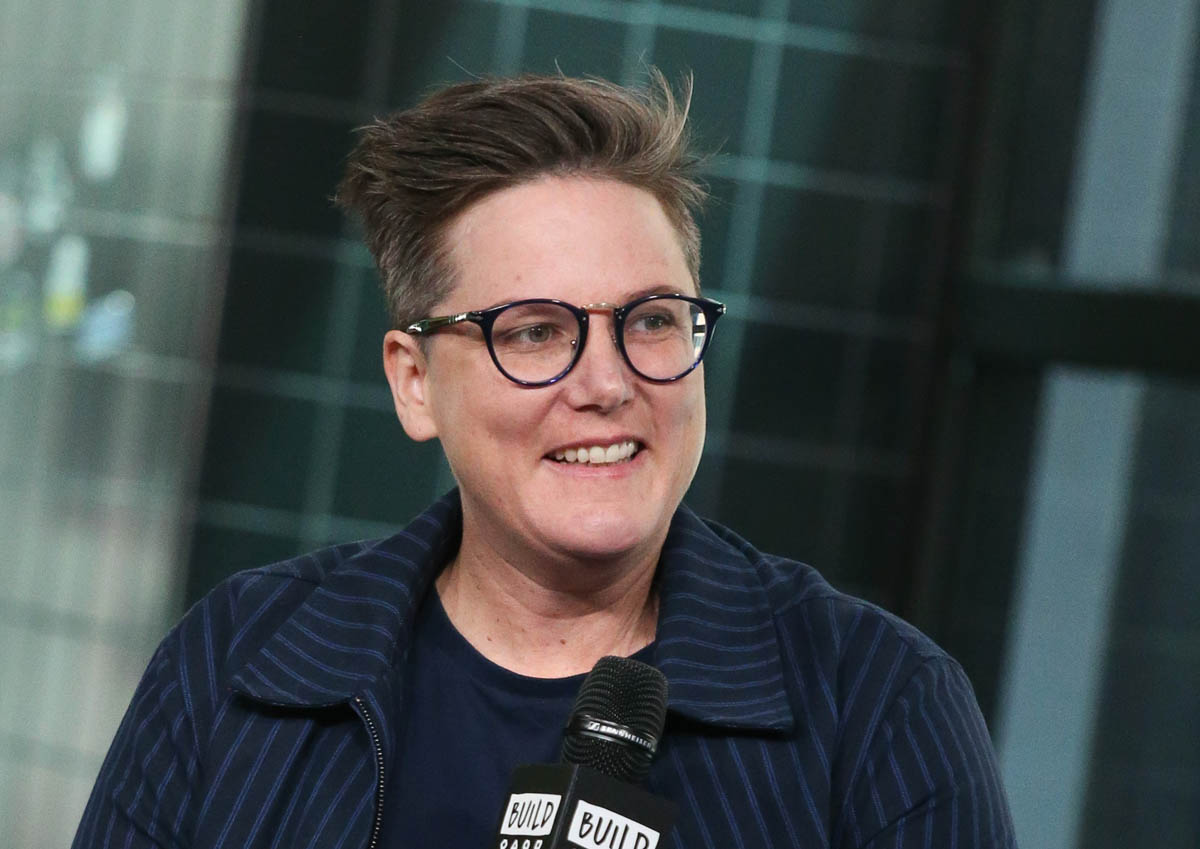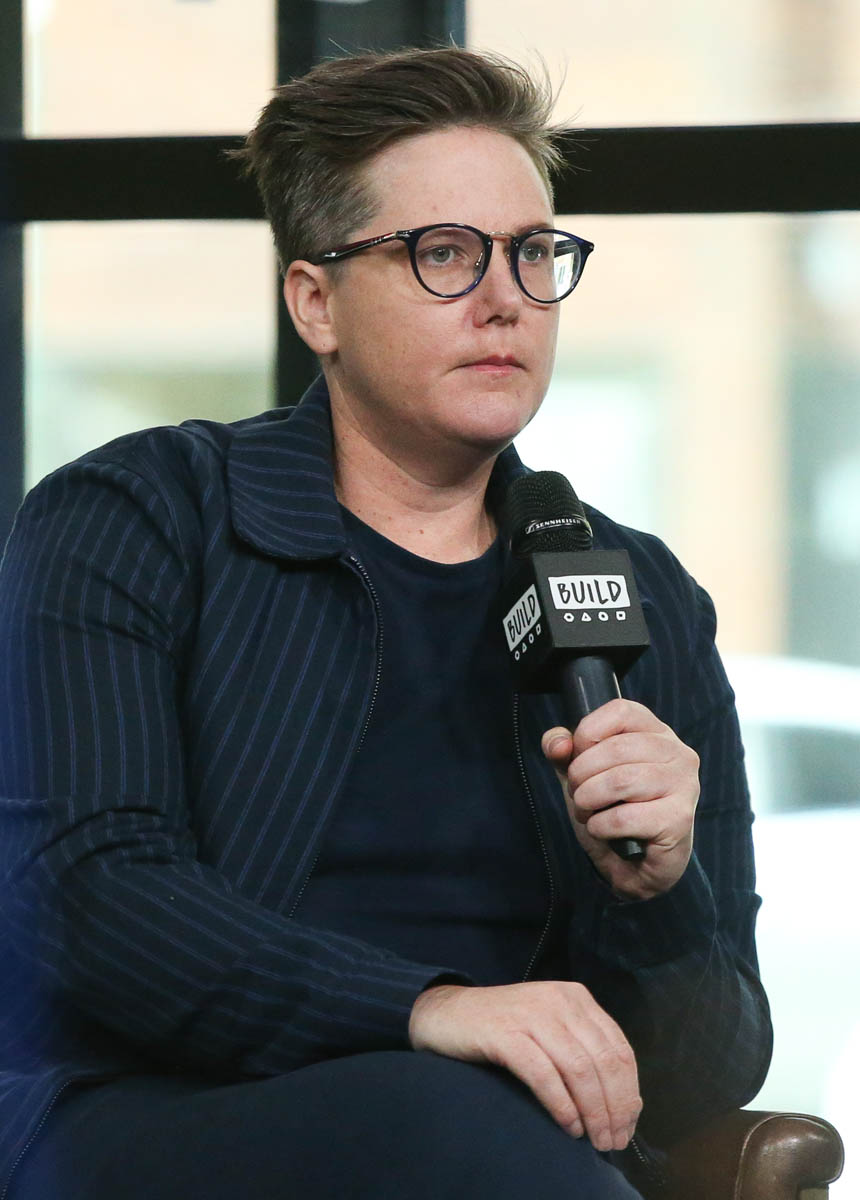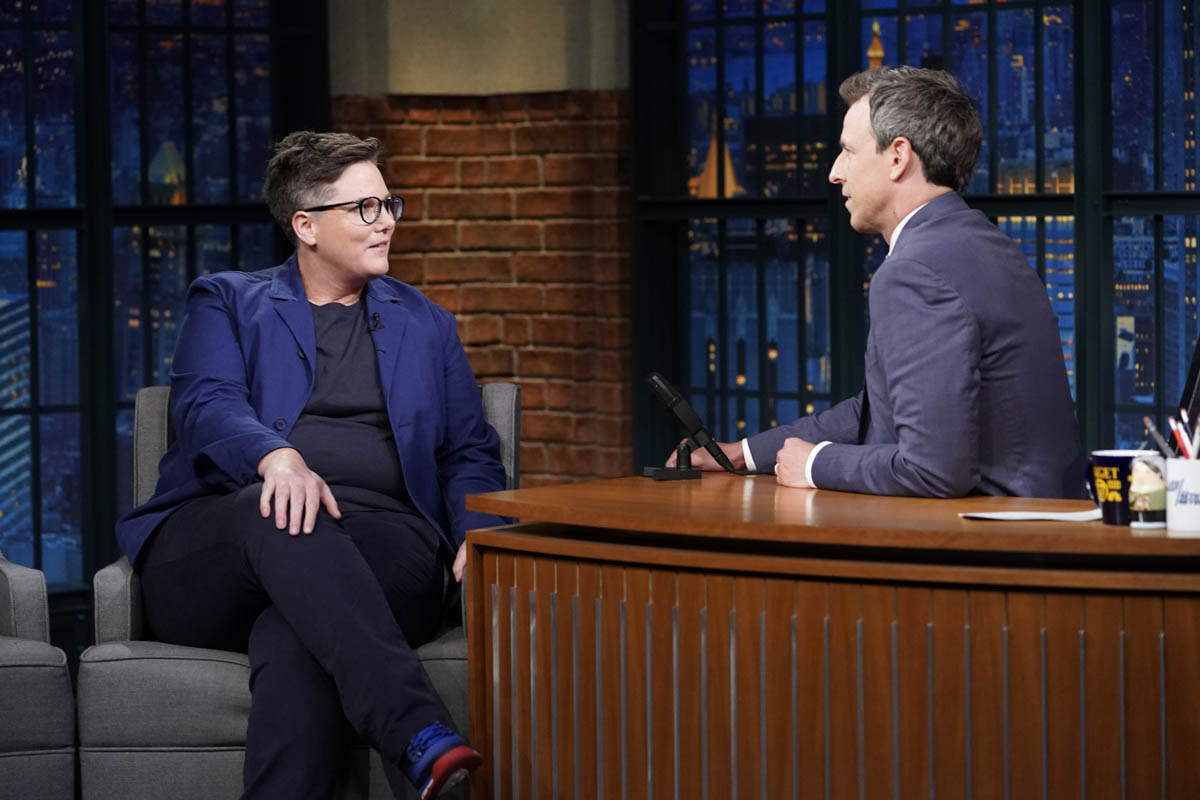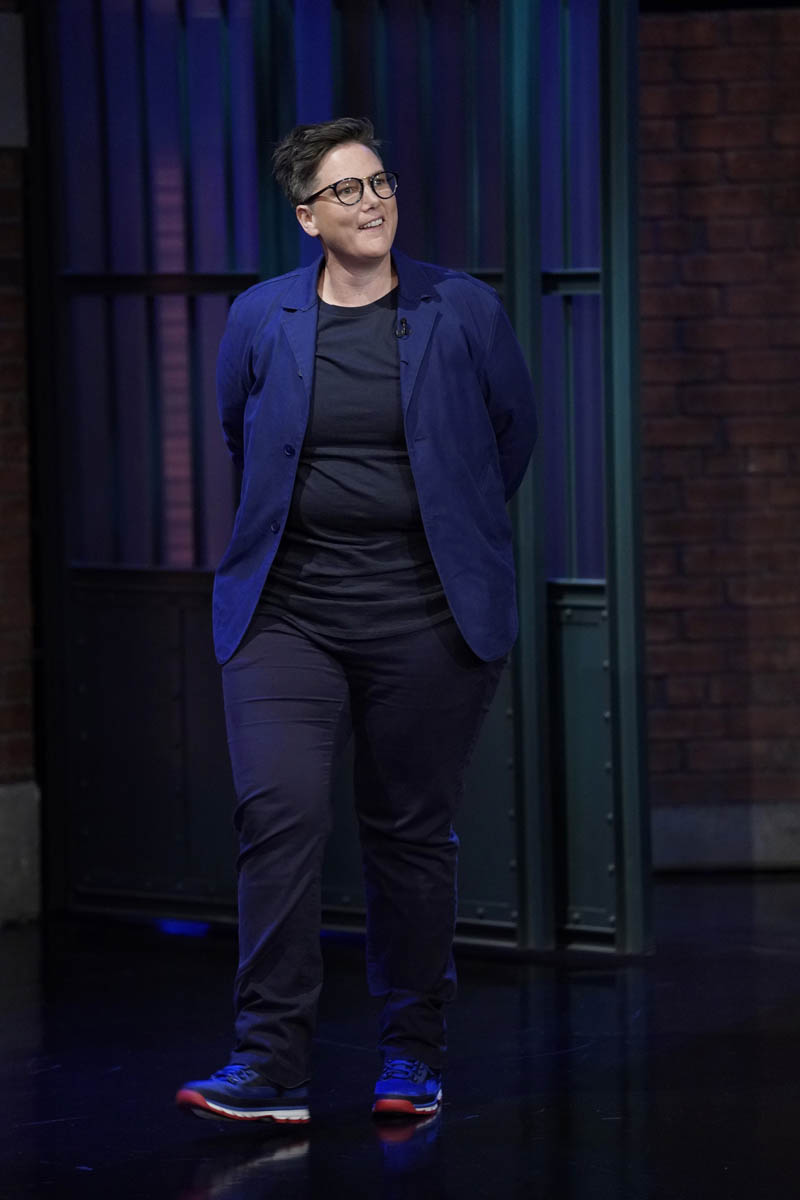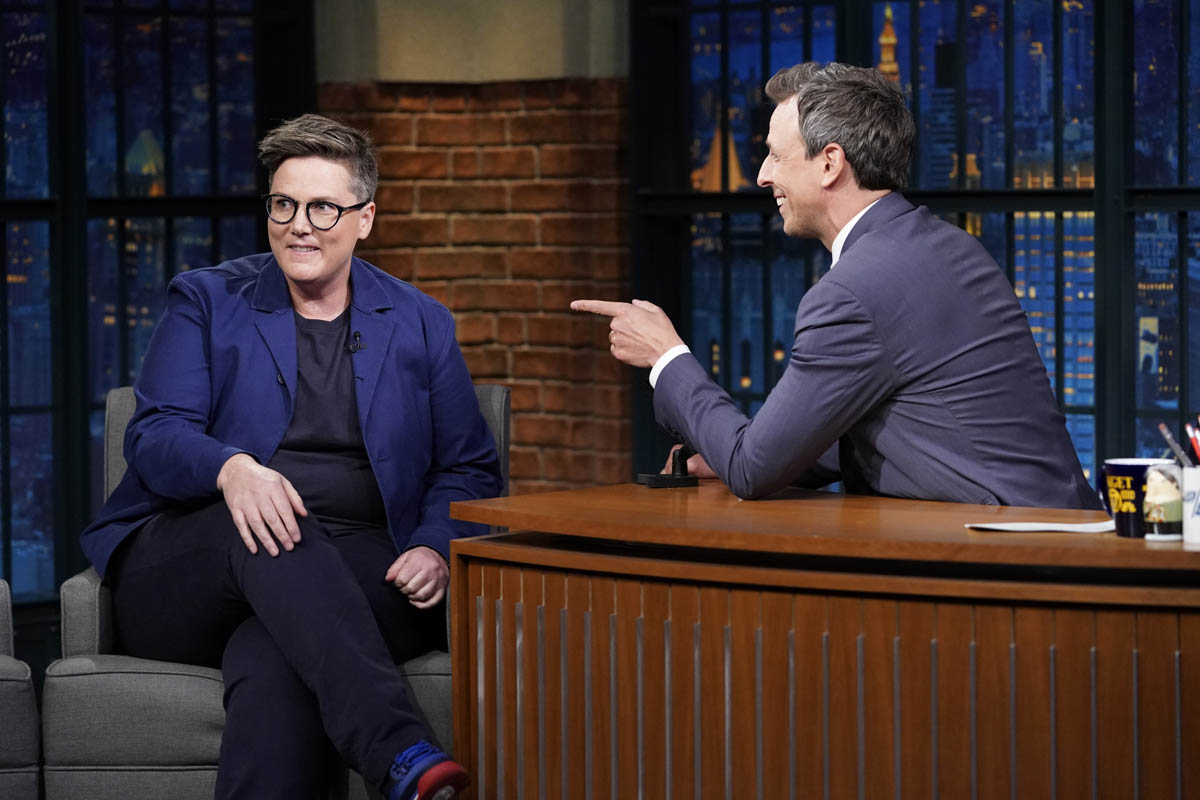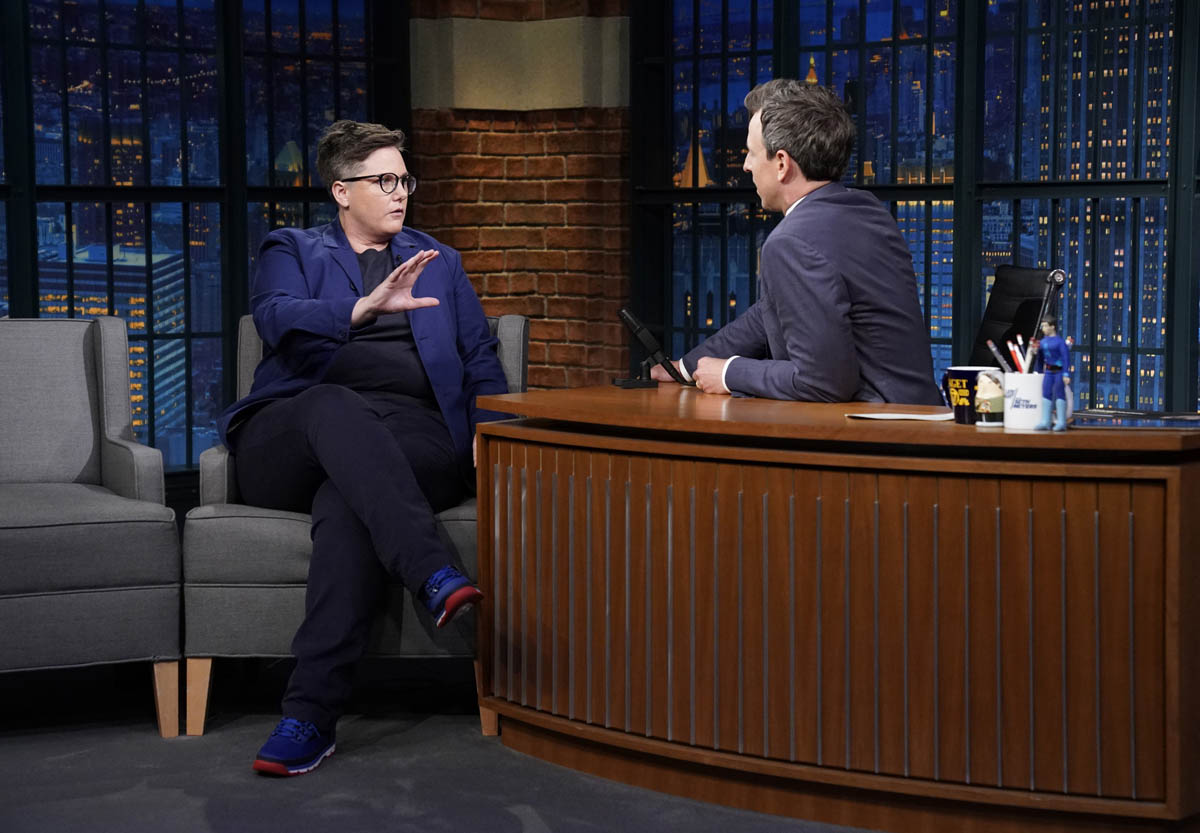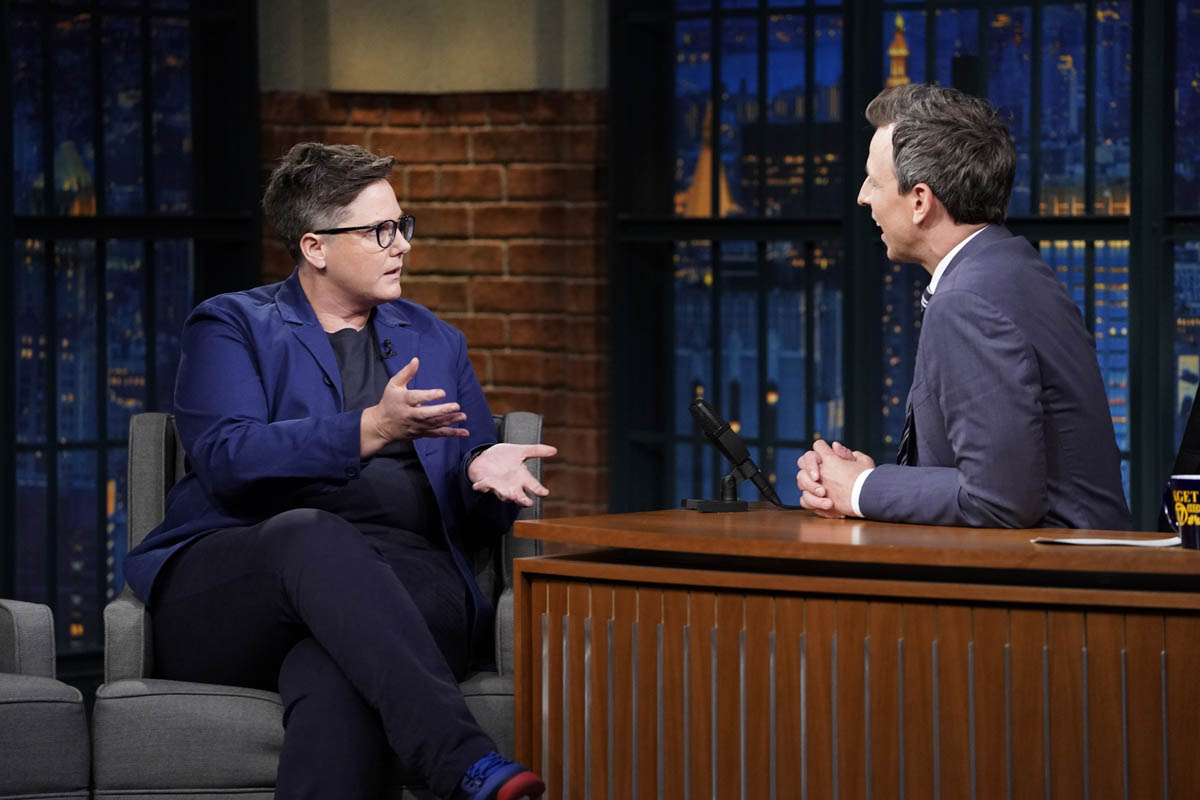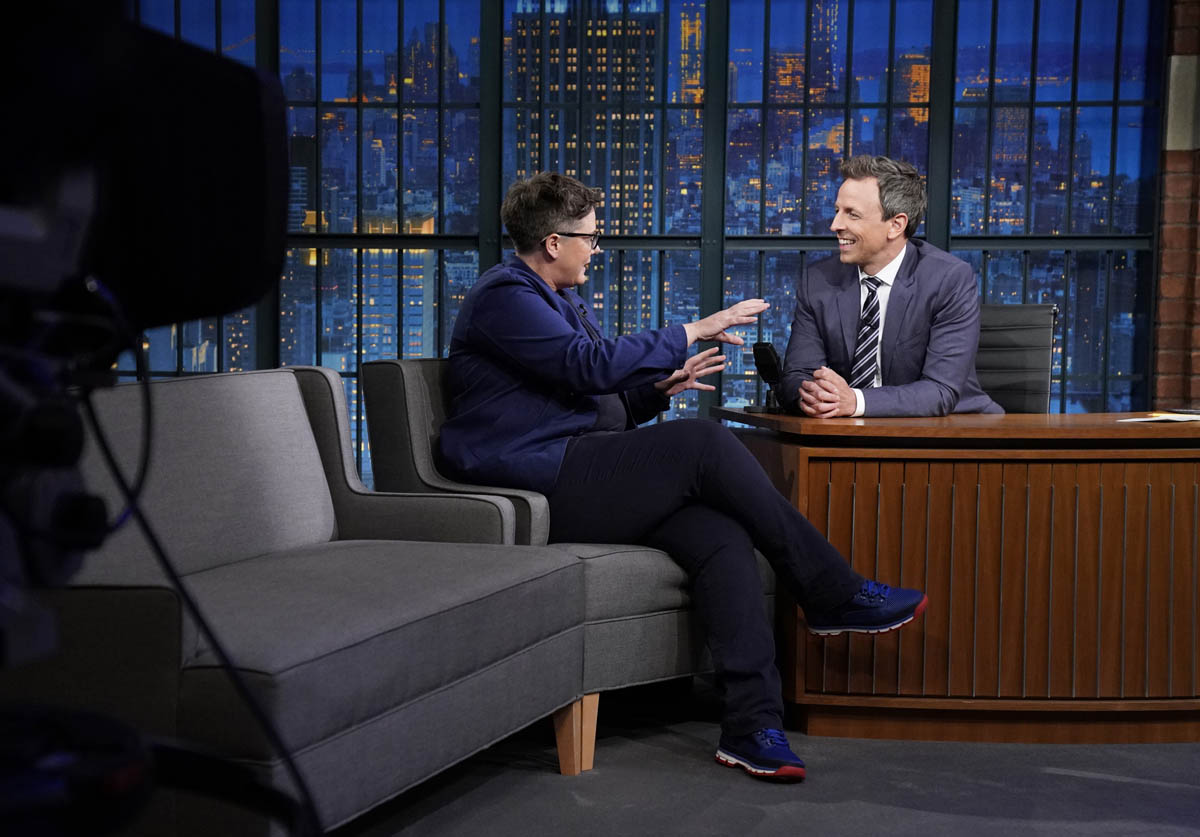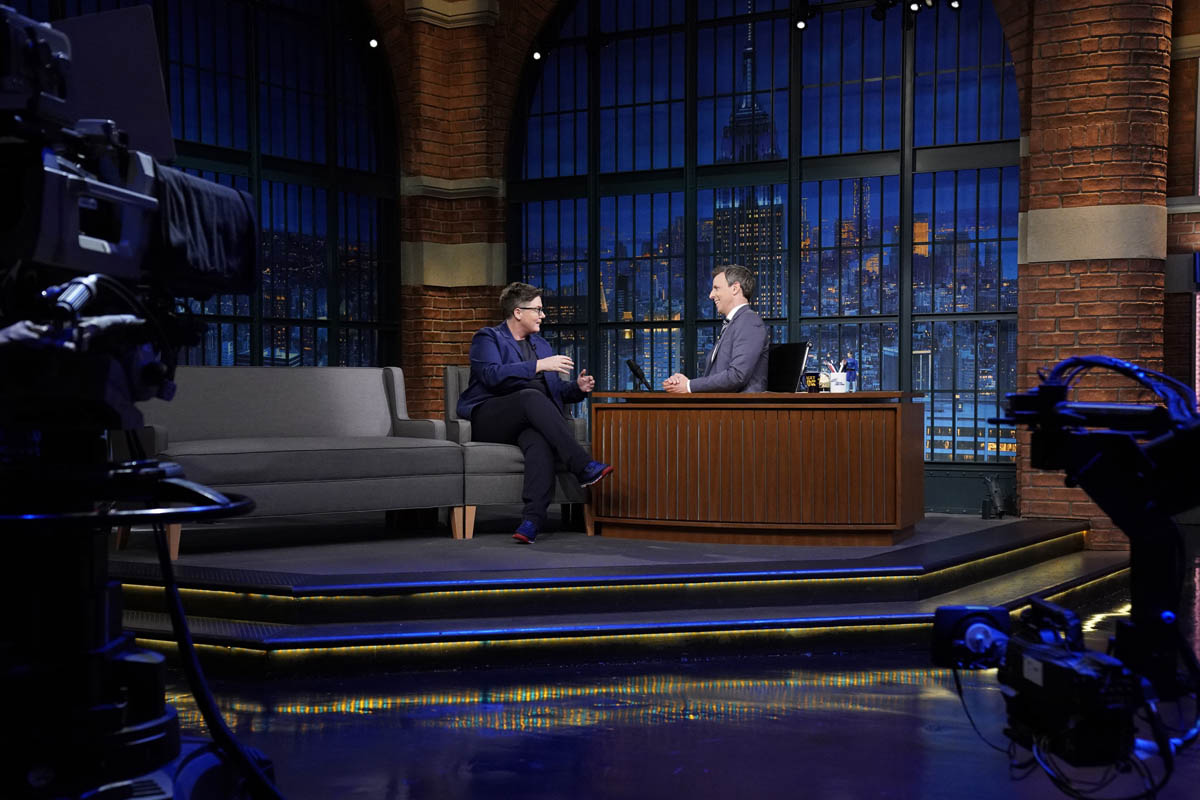Hannah Gadsby’s Nanette: an extraordinary plea for empathy


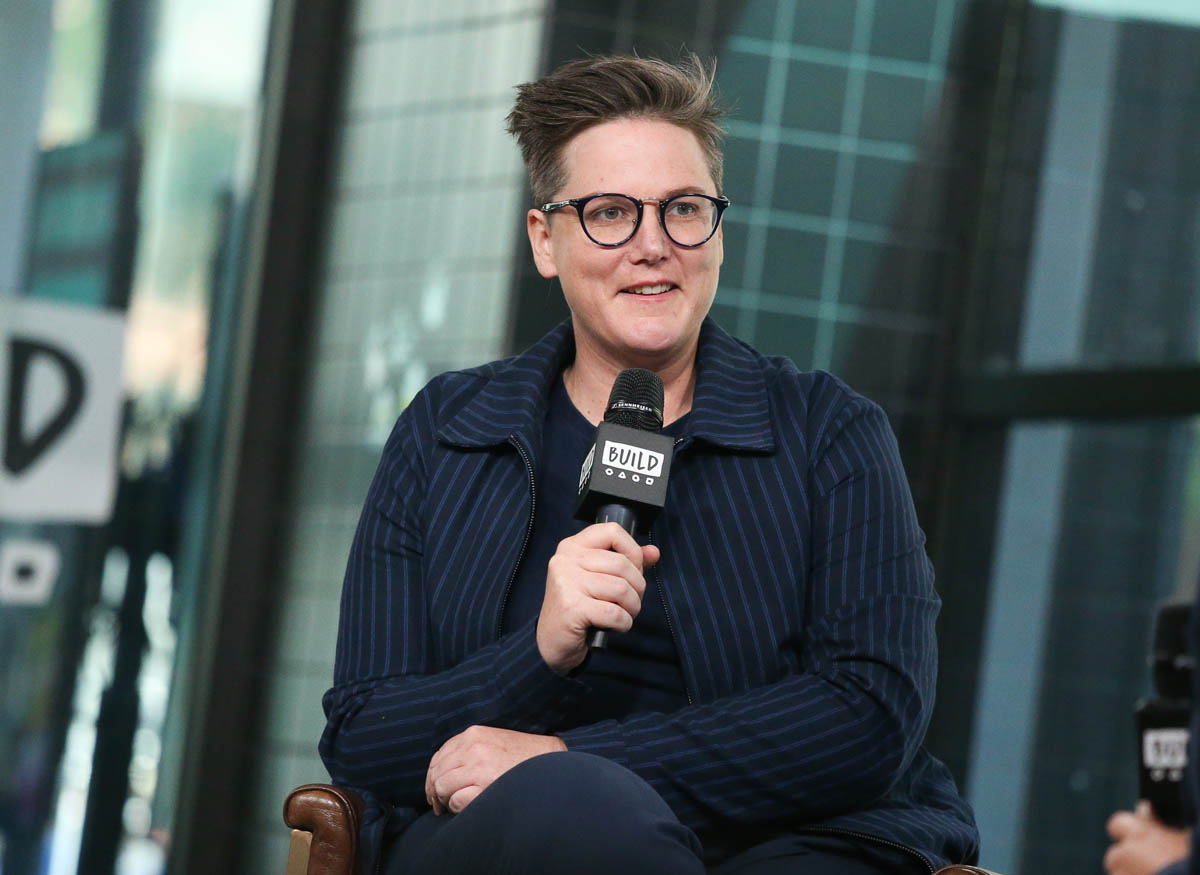
Jokes, Australian comedian Hannah Gadsby tells us, are a two-part structure: set-up and punchline. And the problem with jokes, she goes on, is that they have no resolution. In her new comedy special, Nanette, Gadsby tells us how she “sealed off” her coming-out story at its “trauma point” by turning it into a previous comedy routine. This is why, she explains, she is quitting comedy. She can’t tell jokes anymore, because she needs to tell her story. Stories, you see, have a beginning, a middle, AND an end. They can’t be hermetically sealed like a joke. They have to be lived until they are resolved. In order to resolve her own story, Hannah Gadsby has to stop joking about it, and simply tell it. And over the course of an hour in Nanette, she tells her story, turning it into a fiery call for compassion and empathy in a world more interested in protecting men’s reputations than, well, anything else.
There hasn’t been a comedy hour like Nanette since Tig Notaro’s Live. Like Live, Nanette transcends comedy and becomes Something Else—it becomes an Experience. There are jokes, yes. There is an extended and brilliant bit about Picasso that recalls Eddie Izzard’s riffs on World War II—anything, in the right hands, can be funny (see also: Cameron Esposito’s Rape Jokes). But as Gadsby points out, laughter is not the medicine, it’s the honey. She draws you in with laughs, but then hits you with truth: “Do you know what self-deprecation means when it comes from the margins? It’s not humility. It’s humiliation.”
This is one of the most powerful lines in Nanette, as Gadsby breaks down her history of self-deprecating humor and how that has, in the long run, not helped her as a person, nor has it created a meaningful conversation about anything. Self-deprecating humor is a fine line to walk if you’re in any way Other. It’s an invitation to laugh at something you would otherwise not be allowed to laugh at, and to the wrong type of person, it translates into permission to laugh at that thing all the time. It’s just saying, “This thing you think is weird is SO weird! Haha!” There’s no victory in self-deprecation when you’re marginalized, you’re not taking anything back or reclaiming it. You’re just allowing assholes to laugh publicly at something they already laugh about privately.
If Hannah Gadsby stopped right there, it would be enough. She would have made a powerful point about the dangers of self-deprecating humor and self-respect. But she does not stop there. That comes in the first fifteen minutes of Nanette. That’s the BEGINNING. What follows is a masterful hour that could only come from a writer/performer at the top of her game. And Gadsby knows it—she reminds the audience she is in total control of what is happening on stage, even at the points when she becomes emotional. She never loses her grip on what she’s doing. And that is so important because Nanette takes a turn in its final third as she goes back through some of the bits she’s performed and tells the real stories about what happened, unsanitized for humorous consumption.
Editing is a natural part of comedy. You learn pace and rhythm and delivery, picking over stories for the maximum funniest combination of words, pauses, and reveals. When I tell the story of a late-night ER trip with my college roommate, it’s a funny gross-out bit that ends with unexpected female bonding. I don’t tell the part of the story where we had to pull a guy off my roommate because he wouldn’t stop having sex with her even though she was screaming in pain. That’s not funny. So the bit with the scary dude doesn’t make it to stage—I was telling jokes, not a story. But the bit with the scary dude is the MOST IMPORTANT PART, because that’s the part that involves a real, actual problem, one we desperately need to talk about, but we don’t because it’s scary and unpleasant.
Hannah Gadsby tells a lot of jokes in Nanette. But she also says a lot of scary and unpleasant things, especially in the last third when the jokes run out and she’s just telling truth. Her truth, yes, but as is so often the case, there is universality in specificity. How many people, after all, have felt alone because they are, in some way, different? How many of us have made a self-deprecating joke to defuse the tension in a room? How many of us have suffered because The Narrative is controlled by a group that does not care about us? Gadsby ends by calling on straight white men, the adjudicators of history, to live up to the responsibility they have (forcibly) claimed and make room for more and different stories. Her finale is a blistering, impassioned plea for empathy, a furious call to action, and a battle cry to do better. To BE better.
Nanette is streaming now on Netflix.

